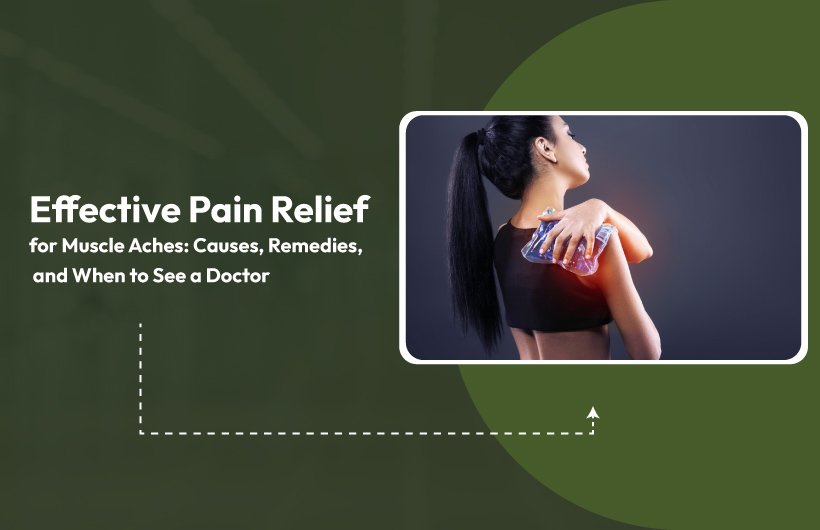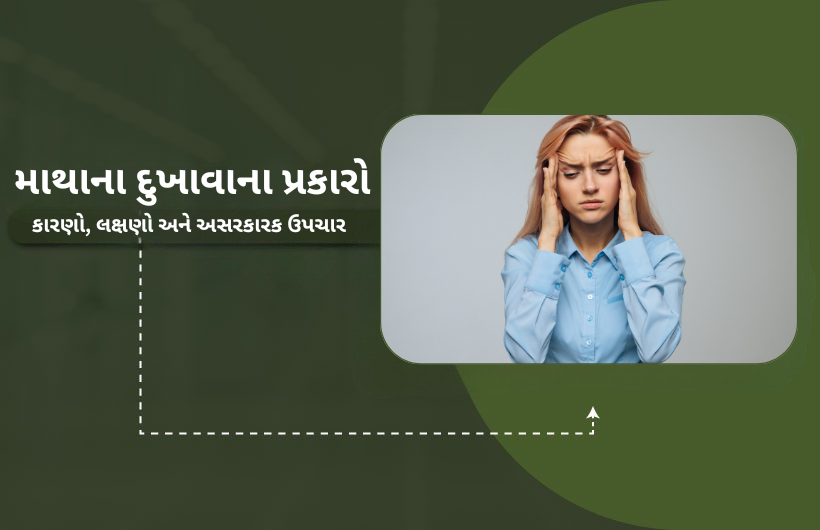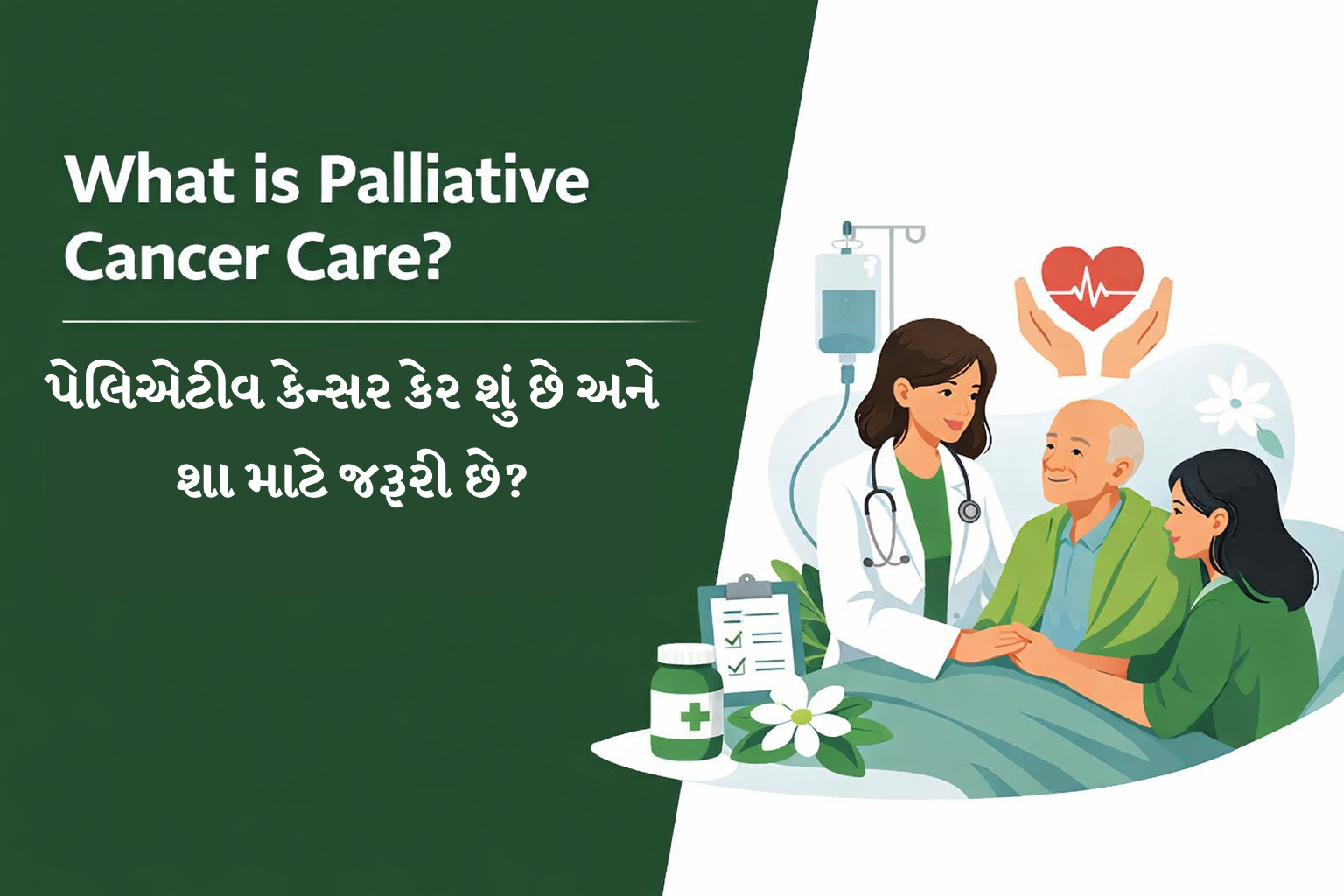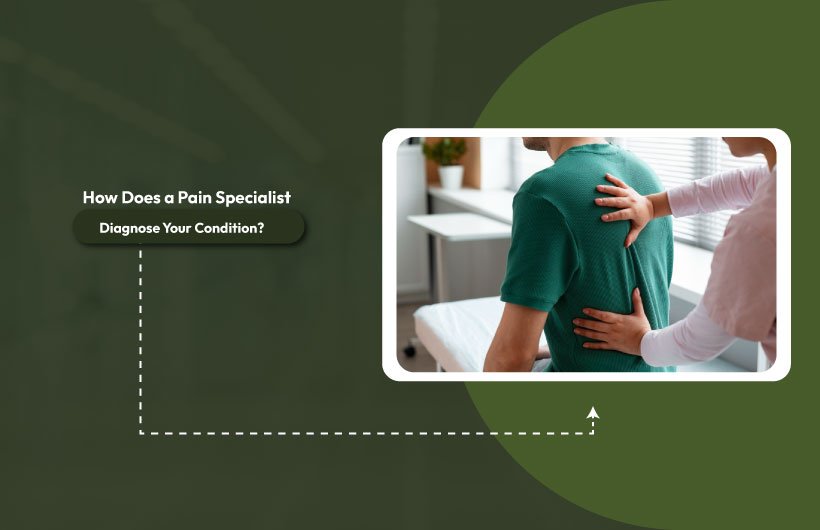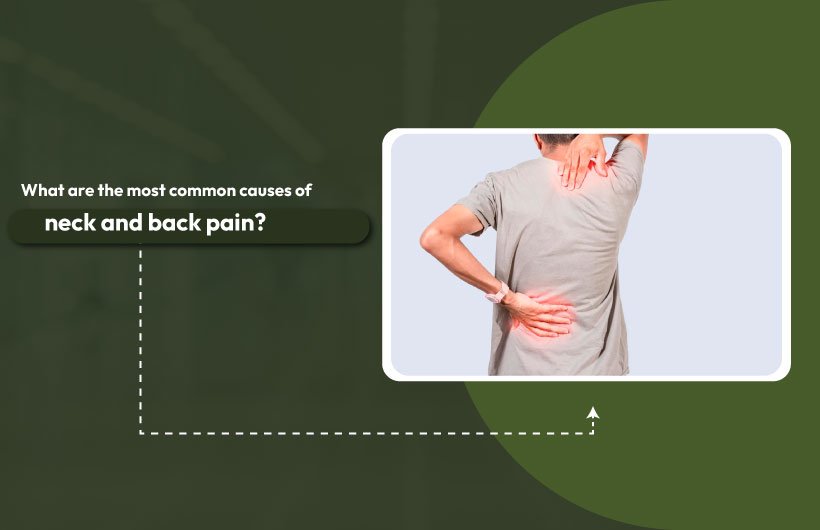Pain relief for muscle aches is something most of us look for at some point in our lives. Muscle pain is incredibly common and can affect people of all ages, from teenagers to elderly adults. Whether it’s due to over-exercising, sitting too long in one position, or even stress, muscle aches can be uncomfortable and slow you down.
The good news is, in many cases, you can find simple solutions right at home. In this blog, we’ll explore why muscle aches happen, easy home remedies, and most importantly, when it’s time to see a doctor for professional care.
If the pain continues or becomes severe, it’s a good idea to consult a Pain Management Clinic in Ahmedabad for expert evaluation and treatment.
What Causes Muscle Aches?
Muscle aches (also called myalgia) can happen for many reasons. Some of the most common causes include:
Too much physical activity
If you’ve recently started a new workout or pushed yourself harder than usual, tiny tears in your muscle fibers can cause soreness. This is a common reaction and typically resolved within a few days.
Sitting or sleeping in the wrong position
Waking up with tightness or discomfort in your neck or back? Poor posture during work, long drives, or even sleeping in an awkward position can strain your muscles.
Stress or anxiety
Mental stress often shows up in the body as muscle tightness, especially around the neck, shoulders, and back.
Not drinking enough water
Dehydration can make your muscles more prone to cramping and soreness. Water helps carry nutrients to your muscles and flushes out waste products.
Fever or viral illness
Flu, dengue, or other viral infections often bring muscle aches as one of their symptoms. This happens because your body is fighting off the infection.
Simple Home Remedies for Pain Relief
Looking for pain relief for muscle aches at home? These proven strategies have helped many and may work for you too:
Rest
This is the simplest yet most important step. Give your body a chance to heal. “Avoid heavy exercise for a few days.
Hot or cold packs
- Use an ice pack (wrapped in a cloth) for the first 24-48 hours if there’s swelling.
- Use a warm compress or heating pad to relax stiff or tight muscles.
Gentle stretching
Slow, light stretches can increase blood flow and reduce tightness. Just avoid bouncing or overstretching.
Massage
A gentle massage with light pressure can ease muscle knots and improve circulation.
Warm bath with Epsom salt
Taking a warm bath with Epsom salt, which contains magnesium, helps relax tight muscles and provides gentle relief from soreness.
Medicines and Natural Options
If simple home care doesn’t work, you might try these options, but always consult your doctor first if you have other health issues:
Pain relief creams or gels
Topical ointments that contain ingredients like diclofenac or menthol can provide temporary relief.
Pain-relief tablets
Painkillers such as paracetamol or ibuprofen may ease discomfort and bring down swelling. However, avoid overuse and always follow the recommended dosage.
Natural remedies
- Turmeric milk: Curcumin in turmeric has anti-inflammatory properties.
- Ginger tea: Ginger can help reduce muscle soreness.
- Magnesium-rich foods: Bananas, nuts, and leafy greens help support muscle health and prevent cramps.
While most muscle aches are harmless and improve on their own, certain signs mean you should see a specialist. Visit a doctor if:
Muscle pain lasts more than a week
If your pain isn’t improving with rest and home care, it could be a sign of an underlying issue.
The pain is sudden and severe
A sharp, intense pain might indicate a muscle tear or other serious problems.
You have swelling, fever, or redness
These could be signs of an infection or deep vein issues.
You feel weakness or can’t move the area properly
Difficulty lifting or moving a limb could mean nerve involvement or serious injury.
If you notice any of these symptoms, don’t wait. Schedule a consultation with pain management specialist Dr. Megha Shah at Anamay Pain Clinic in Ahmedabad for expert care and a detailed assessment.
How to Prevent Muscle Aches
Prevention is always better than a cure. Here are some simple habits to keep your muscles healthy:
• Warm up before and after exercise
Gentle stretching and light activity before and after workouts help prepare your muscles and reduce soreness.
• Stay active but avoid overdoing it
Regular moderate activity keeps muscles strong. However, avoid sudden spikes in activity levels.
• Drink enough water
Aim for at least 8-10 glasses of water daily, more if you’re sweating a lot.
• Eat a balanced diet
Include proteins, healthy fats, vitamins, and minerals. Foods rich in calcium and magnesium are especially good for muscle health.
• Get enough sleep and manage stress
Quality sleep helps muscle repair. Activities such as yoga, mindful breathing, and meditation can help ease stress and relax tense muscles.
Conclusion: Don’t Ignore Lasting Muscle Pain
Most muscle aches are minor and resolve with basic home care. But if the pain is persistent, severe, or comes with unusual symptoms, it could be a sign that you need professional help. At Anamay Pain Clinic in Ahmedabad, Dr. Megha Shah offers expert muscular pain treatment using advanced pain management techniques for lasting relief.
Don’t let chronic muscle pain disrupt your daily life. Book a consultation with Dr. Megha Shah today and take the first step toward effective, personalised care.

